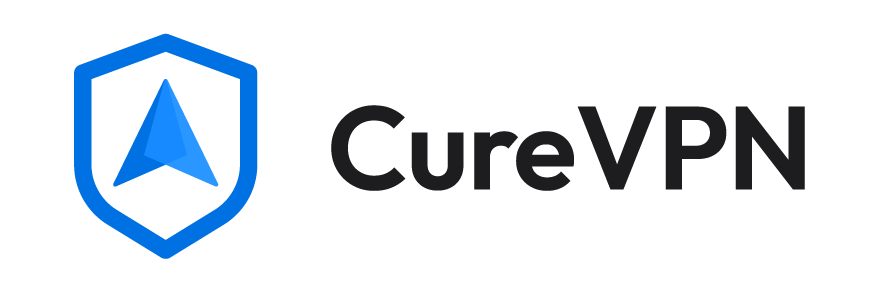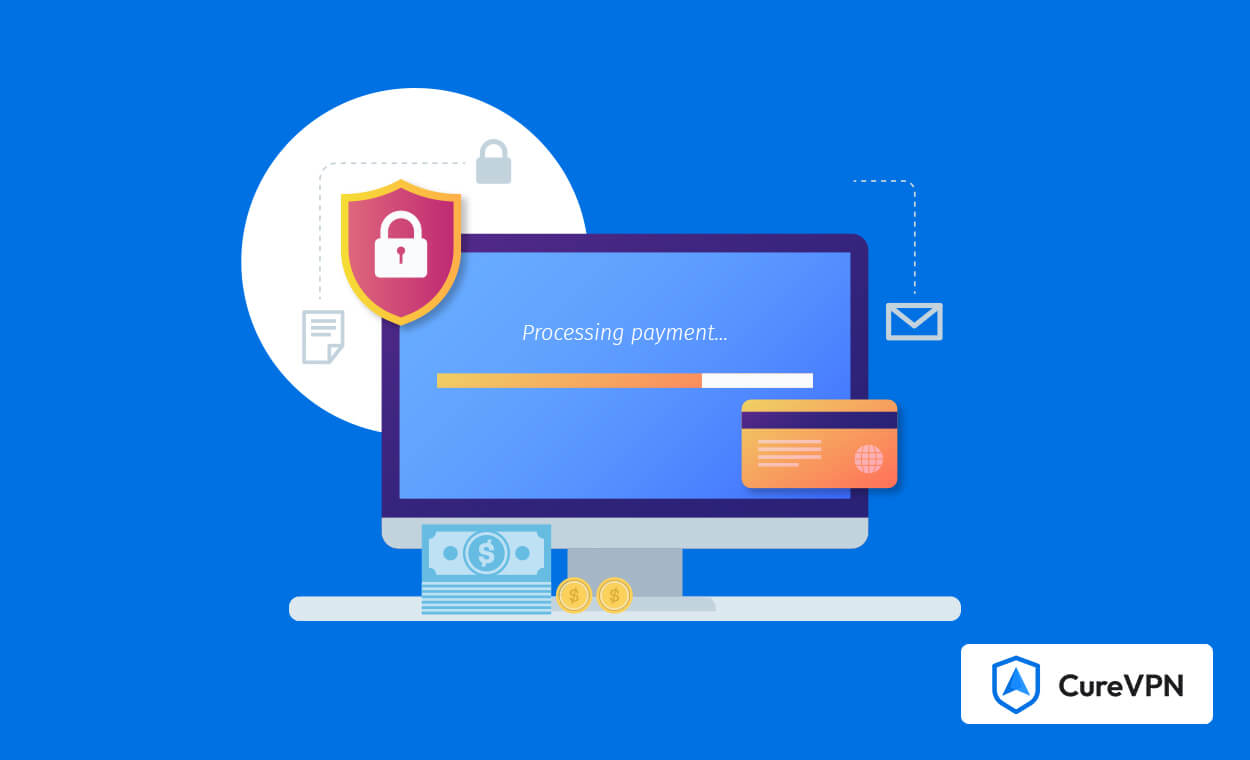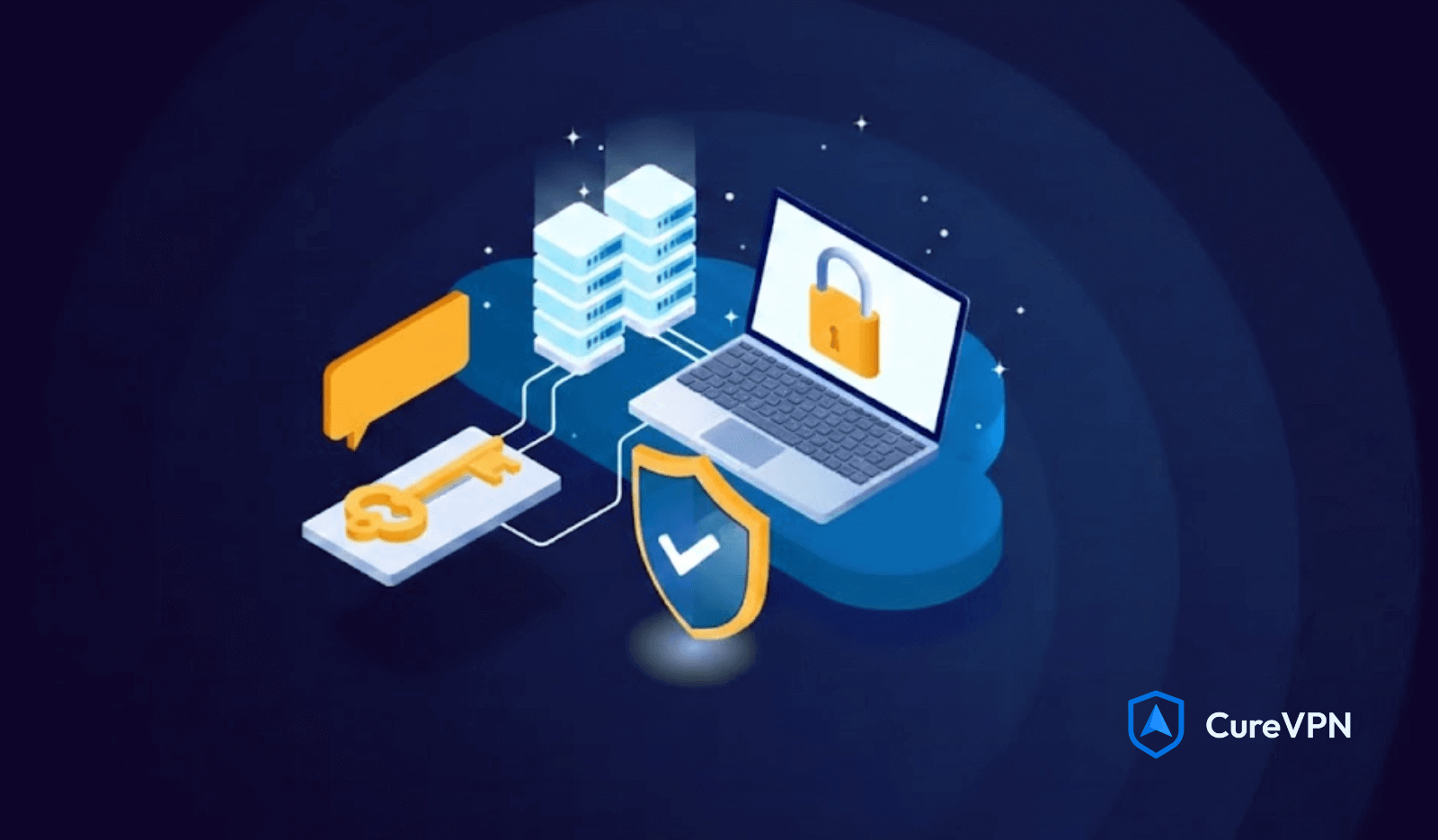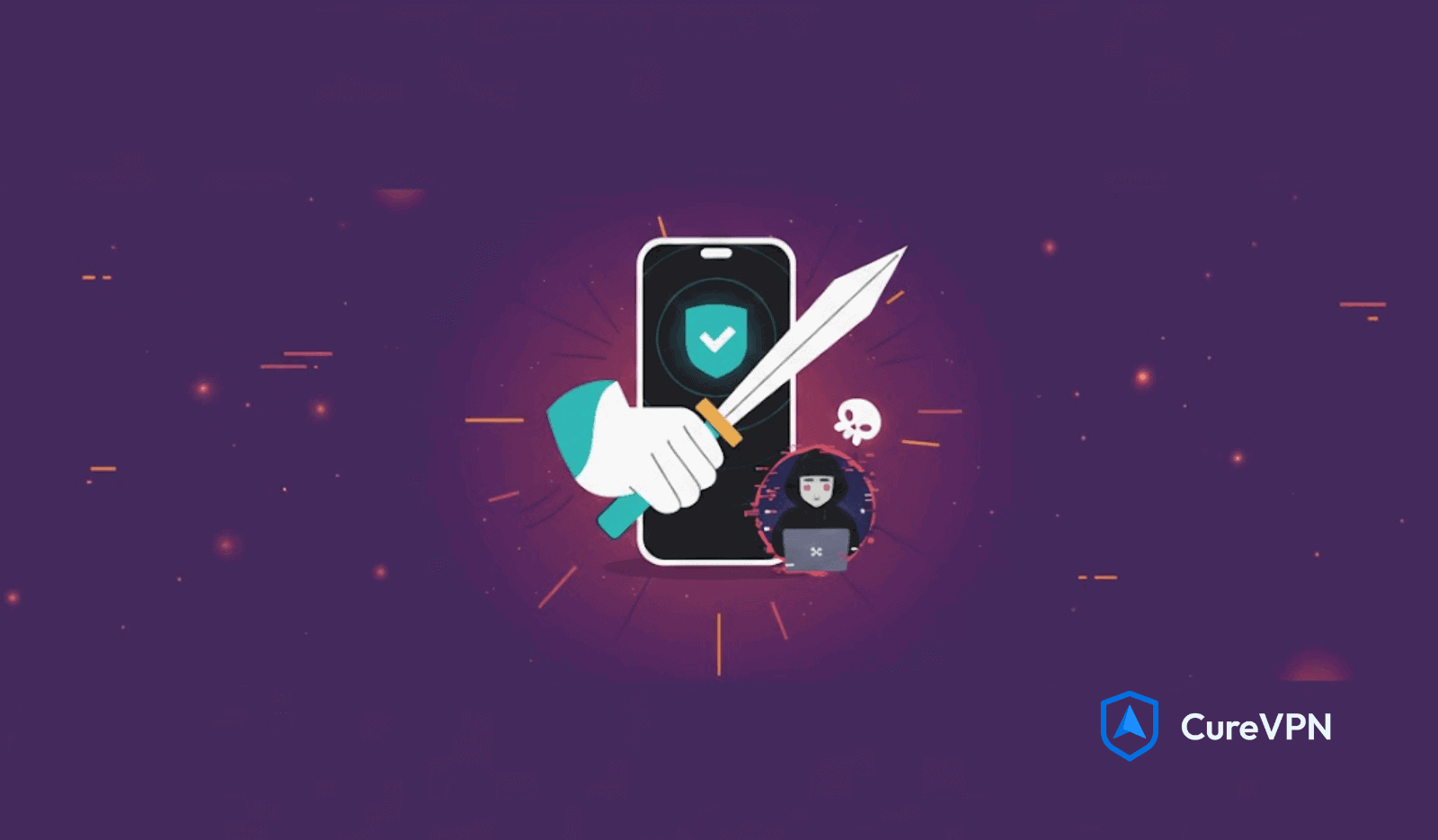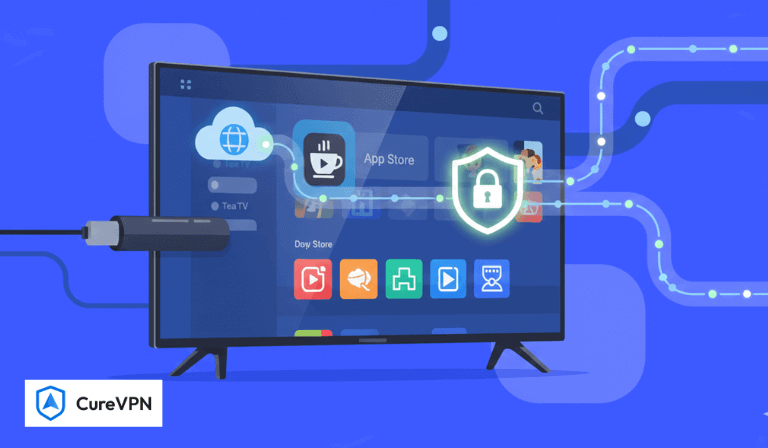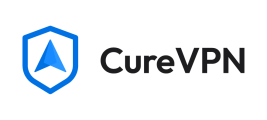The risk of online banking is undeniable. If you logged in to your bank accounts using Wi-Fi, your sensitive data is at risk. Using insecure networks, such as those found in coffee shops, hotels, airports, or other public Wi-Fi locations, can harm your privacy.
However, if you have a secured VPN, it helps you by encrypting your traffic and changing your IP Address. With a VPN, you become anonymous and no one can track your online activity. But how do you use a VPN for safe online banking on public Wi-Fi? In this blog post, we’ll give you the answer. Keep reading to explore.
Why Public Wi-Fi Is Unreliable for Online Banking?
Public Wi-Fi operates like a crowded marketplace for data thieves. Without standardized encryption, transmitted information is vulnerable to interception. Attackers deploy techniques such as packet sniffing, rogue access points, and man-in-the-middle assaults to capture your credentials.
A common tactic is to broadcast a spoofed network named “Free_Cafe_Wi-Fi”; once a device connects, the perpetrator can monitor the session. In a man-in-the-middle scenario, the hacker secretly relays and possibly alters your messages, including payment authorizations, between your device and the bank’s server.
Nowadays, people prefer online banking over traditional banking, which has led to an increase in threats. So, you need a shield that prevents hackers from accessing your bank accounts, and it is only possible with a trusted VPN.
How a VPN Makes Your Online Banking Secure?
A VPN routes your traffic through an anonymous channel that is almost impossible to track. Through its encryption features, it conceals your information from hackers and ISPs.
During a banking session, the VPN also replaces your actual IP address with one assigned by the VPN server, effectively positioning you in a different geographic location. It becomes effective when using public Wi-Fi. It conceals your online banking activities from everyone when you are connecting to a public Wi-Fi.
How to Use a VPN for Safe Online Banking on Public WiFi?
Configuring a VPN to protect your online banking activities is an easy process. Following the steps below, you can maintain a high level of security during online banking sessions.
Step 1: Choose a reliable VPN
Opt for a well-regarded service such as Cure VPN, which combines robust encryption with a strict no-logs policy. Refrain from using free VPNs, which may compromise your privacy by monetizing user data.
Step 2: Download and install
Obtain the VPN application from the provider’s official website or the relevant app store. Execute the installation on your smartphone or laptop.
Step 3: Connect to a server
Launch the VPN app and connect your device to a server located in your home country. This configuration mitigates the likelihood of your bank flagging the login as suspicious due to the IP of a different location.
Step 4: Enable kill switch
Activate the kill switch functionality. This feature automatically terminates your internet connection should the VPN connection fail, safeguarding your sensitive information.
Step 5: Log in to your bank
After the VPN connection is established, navigate to your bank’s website or mobile application. Ensure the presence of “HTTPS” in the address bar, which confirms that the data transmitted is encrypted.
Step 6: Log out after use
To conclude your session, log out of the banking interface. This practice diminishes the risk of unauthorized access if another party subsequently uses the device.
Tips for Secure Online Banking
Here are a few tips to follow for secure online banking.
- Always set intricate passwords that are difficult to guess.
- Activate two-factor authentication
- Regularly update the apps, banking, and VPN app
- Keep Wi-Fi auto-connect feature disabled
- Only use trusted VPN. VPN. Periodically check your bank statements, such as after a week or at least once a month.
Choosing the Right VPN for Banking
Not every VPN provides sufficient protection for banking activities. In 2025, prioritize a service that combines strong encryption, fast speeds, and a global server network. Cure VPN stands out, with nodes in over 100 countries and built-in Threat Protection that blocks malware. Its intuitive apps include a feature that automatically connects when you enter a public Wi-Fi environment, making it ideal for less experienced users.
Mistakes to Avoid While Using a VPN
While using a VPN is an essential layer of security, a few common lapses can compromise your protection. Certain financial institutions, including Bank of America, routinely monitor and may restrict VPN exit nodes to mitigate fraud. To minimize the risk of being locked out, initiate your VPN session from a domestic server or notify your bank of your travel plans in advance.
Refrain from selecting free VPN services; they typically offer inadequate encryption and may monetize your data. Always verify that the VPN is active before connecting to public Wi-Fi, as failure to engage the tunnel exposes your traffic.
Lastly, pay careful attention to bank alerts; if your account is flagged, respond promptly to verify your identity. Avoid making such mistakes; you can maintain the confidentiality of your banking activities without disruption.
Frequently Asked Questions (FAQs)
Is it safe to use a VPN for online banking on public Wi-Fi?
Yes, a VPN is safe for online banking on public Wi-Fi, as it encrypts your data, rendering it inaccessible to potential eavesdroppers. Choose a premium provider, such as Cure VPN, for robust security.
Can my bank block my VPN connection?
Yes, some banks may flag or block the IP addresses of known VPN servers as a measure to deter fraud. To circumvent this, connect to a VPN server located in your home country or contact your bank for guidance before traveling.
Final Thoughts
Using a VPN for banking over public Wi-Fi is advisable in this digital age. It secures your connection, masks your IP address, and shields you from potential threats on open networks. For maximum safety, select a trustworthy VPN, such as CureVPN, and enable the kill switch feature.
Furthermore, it will be helpful if you follow the strong security practices and avoid the mistakes outlined above. It will not only protect your online financial transactions but also safeguard your other important information. You can enjoy online banking anywhere, anytime.
